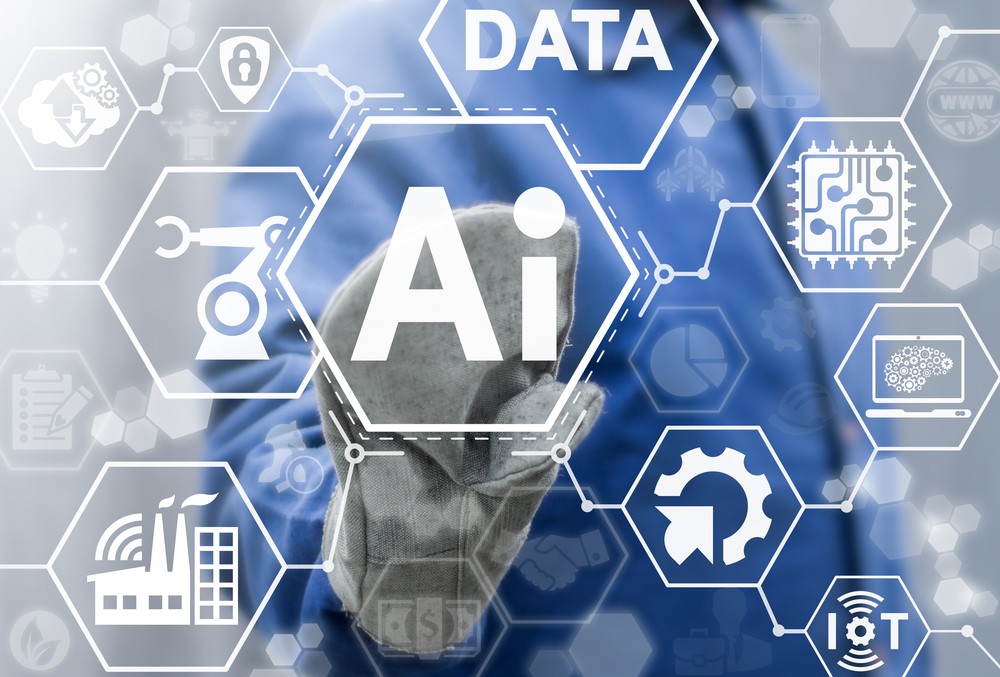Dell Technologies is introducing new solutions to help customers better manage the convergence of high performance computing (HPC), artificial intelligence (AI) and data analytics. To help organizations tackle data-intensive workloads such as genome sequencing to product development simulations, Dell is also expanding HPC on demand services and Dell EMC PowerEdge server accelerator support.
“As AI with HPC and data analytics converge, storage and networking configurations have remained in siloes, making it challenging for IT teams to provide required resources for shifting demands,” said Peter Manca, senior vice president of Integrated Solutions at Dell Technologies. “With Dell’s Omnia open source software, teams can dramatically simplify the management of advanced computing workloads, helping them speed research and innovation.”
Simplifying and accelerating the convergence of workloads with Omnia
Omnia was developed at the Dell Technologies HPC & AI Innovation Lab, in collaboration with Intel and with support from the HPC community. The open-source software is designed to automate the provisioning and management of HPC, AI and data analytics workloads to create a single pool of flexible resources to meet growing and diverse demands.
The Omnia software stack is an open source set of Ansible playbooks that speed the deployment of converged workloads with Kubernetes and Slurm, along with library frameworks, services and applications. Omnia automatically imprints a software solution onto each server based on the use case — for example, HPC simulations, neural networks for AI, or in‑memory graphics processing for data analytics — to reduce deployment time from weeks to minutes.
Community involvement and contribution are important for Omnia’s advancement. Arizona State University Research Computing has worked closely with the Dell Technologies HPC & AI Innovation Lab on Omnia development to better support mixed workloads including simulation, high throughput computing and machine learning.
“Engineers from ASU and Dell Technologies worked together on Omnia’s creation,” said Douglas Jennewein, senior director of research computing, Arizona State University. “It’s been a rewarding effort working on code that will simplify the deployment and management of these complex mixed workloads, at ASU and for the entire advanced computing industry.”
HPC on demand with VMware offers anytime infrastructure access
Dell Technologies is expanding its HPC on demand offering to now support VMware environments. With HPC on demand and R Systems, customers can use advanced infrastructure to meet their peak computing needs when they need it. With the addition of VMware Cloud Foundation, VMware Cloud Director and VMware vRealize Operations, customers can use a hybrid cloud operating model for resource-intensive workloads and quickly access HPC resources and pay for what they need, when they need it.
For example, Mercury Marine, a leader in marine propulsion systems, uses computer-aided hydrodynamic simulations for new designs that often require HPC power surpassing their in-house capabilities. With access to Dell’s high performance infrastructure, Mercury Marine’s engineers can cut simulation time from 48 hours in-house to only two hours with HPC on demand.
“We’ve got a base level of computational availability on hand that we own, and, now with HPC on demand, we’re able to run simulations and workloads that just wouldn’t be possible on our existing infrastructure,” said Arden Anderson, engineer simulation specialist, Mercury Maritime. “With Dell Technologies and R Systems, we’re able to handle more complex workloads and simulations in far less time.”
New NVIDIA GPU options for advanced computing
Dell Technologies now offers NVIDIA A30 and A10 Tensor Core GPUs as options for Dell EMC PowerEdge R750, R750xa and R7525 servers.
NVIDIA A30 GPUs support a broad range of AI inference and mainstream enterprise compute workloads, such as conversational AI and computer vision. With NVIDIA A10 GPUs, customers can support mixed AI and graphics workloads on a common infrastructure, ideal for deep learning inference and computer-aided design. NVIDIA virtual GPU software, virtual desktops used by designers, engineers, artists and scientists automatically run at peak performance.




